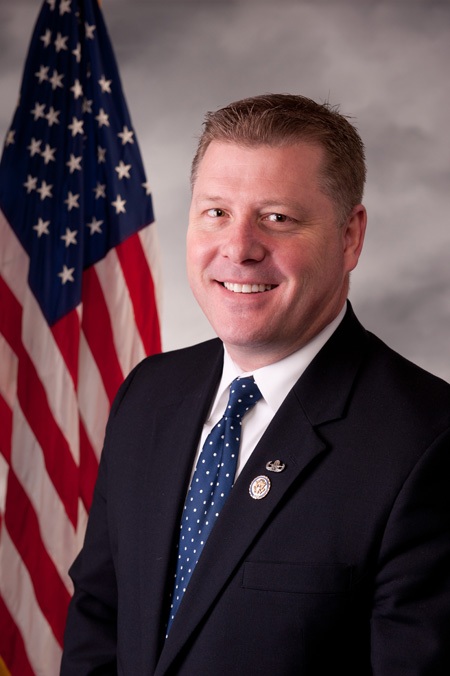By Steve Brawner
In one of Sen. Mark Pryor’s latest campaign ads, a Little Rock woman named Linda looks into the camera from her kitchen table and calls his opponent, Rep. Tom Cotton, “a real threat to your retirement” because he has voted to turn Medicare into a voucher system and has voted to raise the eligibility age for Social Security and Medicare to 70.
She’s right about at least the voucher part. Forcing seniors to buy private insurance with help from a government check is a bad idea.
But the part about raising the retirement age for Social Security? At least one other elected official has mentioned it as a potential solution – Sen. Mark Pryor.
In an interview in 2011 with the KTTS television station in southwest Arkansas, Pryor was asked what should be done about Social Security. He responded that the program is “very, very fixable. And again if people would get serious about this in Washington, we could fix Social Security next week if we wanted to.”
One possible fix? “Probably the biggest change would be is you would take my kids’ generation, teenagers today,” he said, “and life expectancy’s longer, etc., and probably say that they couldn’t get Social Security until they turn 68 or 69. If you just did that one change, you’d fix about 80 percent of it right there.”
You can see it on YouTube.
That was not the only time Pryor discussed making changes to popular entitlement programs. In 2010, he offered an amendment that would have established a limit on federal spending and created a presidential debt commission. His amendment would not have excluded Social Security and Medicare. “We need to put 100 percent of everything on the table,” the Arkansas Democrat-Gazette reported him saying.
Pryor was being honest about the problems the country faces, and honesty is the crucial first step to finding solutions.
And he wasn’t done. On Jan. 5, 2011, he told the Little Rock Rotary Club that he supported many of the recommendations of the National Commission on Fiscal Responsibility and Reform – known for its sometimes politically unpopular prescriptions.
“We have to take a hard look at entitlement programs, including the sacred cows of Medicare and Social Security, and admit that we cannot bring our spending into balance without changes in these programs,” he said, according to the Arkansas News Bureau. He also said, “The solution will be painful. There is no easy way out. Everything must be on the table.”
Three-and-a-half months later, Pryor told the Political Animals Club in Little Rock that he wanted his legacy to be addressing the national debt. That required making difficult decisions about programs such as Medicare and Social Security.
“My view on the debt is that it is beyond politics,” he said, according to the Democrat-Gazette. “This isn’t about the next general election; it’s about the next generation.”
That was three years ago. Pryor’s campaign isn’t talking much about painful solutions or the next generation now. Instead, he’s being positioned as the defender of the status quo.
That’s smart politics, but it’s not good for the national discourse. Campaigns are a conversation about the direction of the country, not just a time to pick winners and losers. They set the tone for how Congress governs afterwards. If campaigns lead voters to believe that Medicare and Social Security are perfectly fine, it makes it harder for members of Congress to make politically tough choices during the rare occasions when they actually govern after the election.
This isn’t to say that Pryor is a hypocrite. Campaigns rarely ennoble anyone. We voters have set the ground rules, and one of the rules is simple: Don’t give us the bad news.
But despite what his campaign ads are implying, even Pryor knows there really are problems with Social Security and Medicare. He said so repeatedly in 2010 and 2011. Those problems are fixable, but only if we acknowledge they exist.
